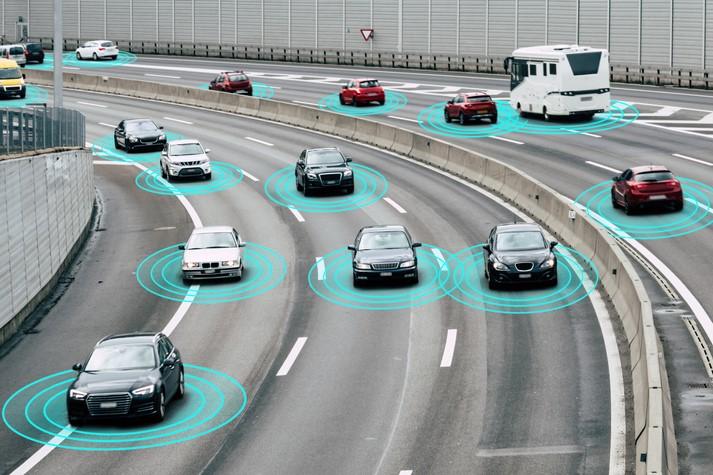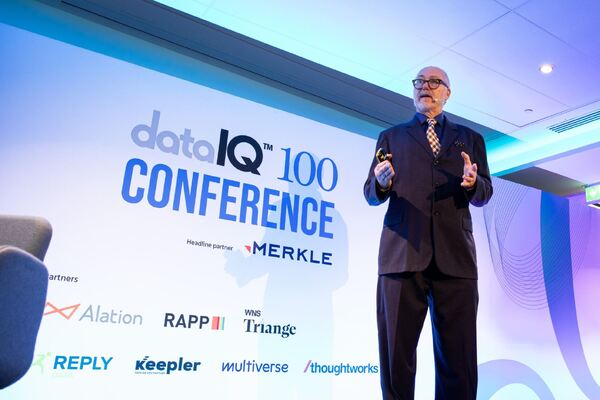Driving data marketplace for improved junction judgments
Steve Pimblett is the chief information and data officer at wejo, a company with the ambition to help improve the experience of using the road. This includes reducing the number of road deaths, improving air quality and making it easier for drivers to find parking spaces.

It is a lofty ambition but Pimblett thinks this can be achieved with the help of its automotive data exchange platform technology or ADEPT. ADEPT is a cloud-based platform that sits between the global automotive original equipment manufacturer (OEM) or car manufacturers and other organisations that can make use of the data such as routing, mapping and planning companies, local authorities or insurers.
“You might be an insurer looking to understand driving patterns of drivers."
He said: “You might be an insurer looking to understand driving patterns of drivers. You might be a smart city planner looking to better invest in roads to aid traffic flow so we act as the enabler and the data ecosystem for that facility.”
The data that is put into ADEPT comes straight from the vehicles’ built-in sensors and wejo can also take data from applications like Waze and HERE Technologies maps.
The automotive manufacturers are incentivised to reduce the emissions their vehicles generate and also to improve the safety of their cars when they are involved in crashes. Pimblett said this is why every manufacturer has to install sim cards in every car - so when an airbag goes off, the car alerts, emergency services.
It is important to know who owns the data. Pimblett said that the driver owns the consent of the data, the automotive manufacturers own the storage of the data and wejo is acting as the controller of the process on behalf of the manufacturers.
"There was no uniformity in the sensors, in transmission or the data.”
Unfortunately, there is little uniformity of this driving data as Pimblett said there is definitely no standard across vehicle manufacturers and even sometimes across the different brands of the same manufacturer. “Sensors might be different, connectivity might be different, network operators might be different so there’s no uniformity in the sensors, in transmission or the data,” he said.
This left wejo with the challenge of creating a connected car data standard, smoothing out the complexity of the data so that multiple OEMs can connect to one platform. It is estimated that by the end of the year there will be 17 million cars on the platform, the sensors from which are sending almost one million data points per second. This scales up to half a trillion data points monthly. wejo had another challenge of quality with “checking the data, verify it, standardise it, enrich it and run algorithms and modelling on top of it. It is an enormous challenge for us.”
Did you find this content useful?
Thank you for your input
Thank you for your feedback
Next read
You may also be interested in
DataIQ is a trading name of IQ Data Group Limited
10 York Road, London, SE1 7ND
Phone: +44 020 3821 5665
Registered in England: 9900834
Copyright © IQ Data Group Limited 2024




